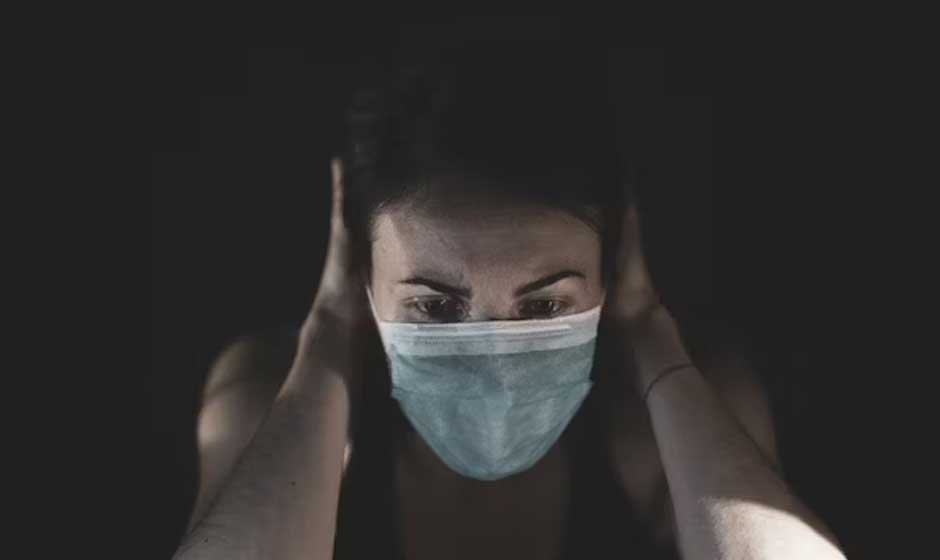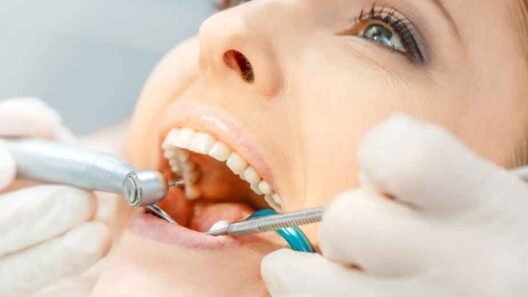Misinformation about women’s health has persisted for generations, often shaped by stigma, outdated science, and cultural assumptions. Even today, many common myths continue to influence decisions about menstruation, fertility, hormone health, and pelvic care.
SOGC states that false information on social media, gaming platforms, and algorithm-driven websites is causing risks to women’s health globally. This kind of misinformation harms public trust in doctors, nurses, and other health care professionals.
It also creates confusion about how women should make important health decisions. For example, 43% of Canadians felt it was more difficult to tell the difference between real and fake news about women’s health.Trusted resources dedicated to women’s health online can help counter misinformation by providing accurate, accessible guidance.
In recent years, digital platforms, science-driven forums, and health advocates have begun to challenge these inaccuracies. This blog post uncovers the facts that empower women to make better health decisions, free from shame, confusion, or misleading claims.
Myth #1: Irregular Periods Always Mean Infertility
It’s a common belief that irregular periods automatically point to infertility. This is not true. While irregular cycles can sometimes signal a hormonal imbalance, they don’t always affect a woman’s ability to get pregnant. Many women with irregular periods still conceive naturally without medical help.
Mayo Clinic says that periods may vary in length, flow (light or heavy), and pain level. It is normal when a typical cycle lasts 21 to 35 days, with bleeding lasting 2 to 7 days. Long cycles are common in the first few years after starting menstruation. As people age, cycles often become shorter and more regular. However, consider visiting a doctor when your periods suddenly stop for more than 90 days and you’re not pregnant.
Moreover, conditions like Polycystic Ovary Syndrome (PCOS) can contribute to irregular periods. PCOS affects about 6% to 13% of women of reproductive age, according to the WHO. Despite its connection to ovulation challenges, many women with PCOS can and do become pregnant. Fertility varies from person to person and is influenced by a range of factors beyond just the regularity of a menstrual cycle.
Myth #2: Douching Helps Vaginal Health
Douching is often marketed as a method to “cleanse” the vagina and promote freshness. However, this claim is misleading and can be harmful. The vagina is a self-cleaning organ that maintains its health through a natural balance of bacteria and pH. Introducing douching disrupts this balance.
The American Sexual Health Association highlights that around 29% of women in the U.S. have bacterial vaginosis (BV). Douching increases the risk of BV. It disrupts the natural balance of the vagina, making it a significant contributor to vaginal infections. Despite warnings, douching remains popular due to decades of advertising that links vaginal scent to cleanliness and self-worth.
Social media has played a growing role in challenging these outdated views. Instagram and TikTok have become spaces where nurses and health advocates break down harmful myths. Content creators are educating followers about the vaginal microbiome and encouraging body literacy. This shift is helping reduce the stigma around natural vaginal odor and discharge.
Myth #3: Pelvic Pain is Just Bad Cramps
Pelvic pain is often brushed off as routine, especially during menstruation. But chronic pelvic discomfort can signal far more serious conditions. Pelvic pain can stem from a range of underlying causes, like endometriosis and uterine fibroids. These conditions are medical, not menstrual. Pain that persists outside of a menstrual cycle or disrupts daily life should never be ignored.
Another cause of chronic pelvic pain can be transvaginal mesh used to treat pelvic organ prolapse or stress urinary incontinence. A study in Wiley concludes that women who have had surgery using mesh for SUI or POP experience more health problems compared to others. These health issues may continue even after surgery, meaning these women might face long-term or ongoing complications.
Unaware of the consequences of mesh implants, many women who suffered from side effects have also filed lawsuits against the manufacturer. TruLaw mesh attorneys say these lawsuits claim that defective mesh caused severe health issues in women that often required multiple revision surgeries.
While these implants were intended to offer relief, they have instead resulted in long-term complications for thousands of women. Persistent pelvic pain deserves attention, not assumptions. Early diagnosis and proper care can make a critical difference in outcomes and quality of life.
Myth #4: Menopause Only Begins in Your 50s
Many people believe menopause starts at 50, but that’s not the full picture. The transition usually begins years earlier. This early phase is called perimenopause. It often starts between the late 30s and early 40s. Perimenopause brings real changes like hot flashes, disrupted sleep, mood shifts, memory issues, and irregular periods.
A study in MDPI highlights that around 75 million women in the U.S. are currently in menopause. However, awareness about perimenopause is still lacking. Many women are unclear about when perimenopause begins, how long it lasts, and what treatments are available. Nearly 1 in 3 women had little or no understanding of perimenopause or menopause.
Perimenopause is the body’s gradual shift toward menopause. Estrogen and progesterone levels rise and fall unevenly. This hormonal fluctuation can affect your mood, memory, sleep quality, and even muscle tone. These changes are not “all in your head”; they’re driven by biology, not imagination.
As more people begin talking about menopause openly, TikTok and podcasts have helped bring early symptoms to light. Creators are sharing personal experiences, breaking the silence that often surrounds women’s health.
Waiting until your 50s to understand menopause can mean missing the early window for relief. Recognizing perimenopause signs early gives you more control. You can make informed choices about your body, track patterns, and advocate for appropriate care.
FAQs
Is it true that women don’t need as much sleep as men?
No, it’s not true. Women generally need slightly more sleep than men due to differences in brain activity and multitasking demands. However, individual sleep needs vary based on factors like age, lifestyle, and overall health, not just gender.
Are women more emotional because of their hormones?
Women aren’t inherently more emotional, but hormonal fluctuations—especially during menstruation, pregnancy, or menopause—can influence mood. However, emotions are shaped by many factors, including personality, environment, and experiences. The idea that women are more emotional is often a stereotype, not a scientific truth.
Can tight clothing cause reproductive health problems in women?
Yes, wearing tight clothing regularly can affect women’s reproductive health. It may lead to issues like yeast infections, reduced airflow, irritation, and increased moisture buildup. Tight garments, especially synthetic ones, can also contribute to pelvic discomfort and disrupt natural vaginal pH balance over time.
Online communities have become powerful tools for women seeking clarity in a landscape often clouded by outdated myths and misinformation. These spaces allow individuals to learn from each other’s experiences, access real stories, and share emerging science in ways that traditional systems overlook.
But while community input is valuable, it’s critical to fact-check claims, consult qualified healthcare providers, and follow trusted, evidence-based sources. Empowerment comes from knowledge, and today, it’s easier to make informed decisions about your health when you combine lived experience with insight.













